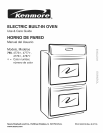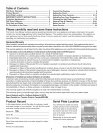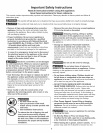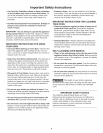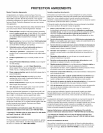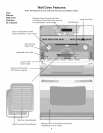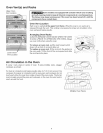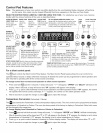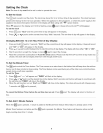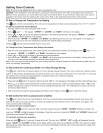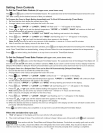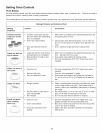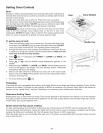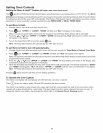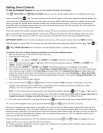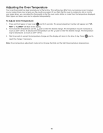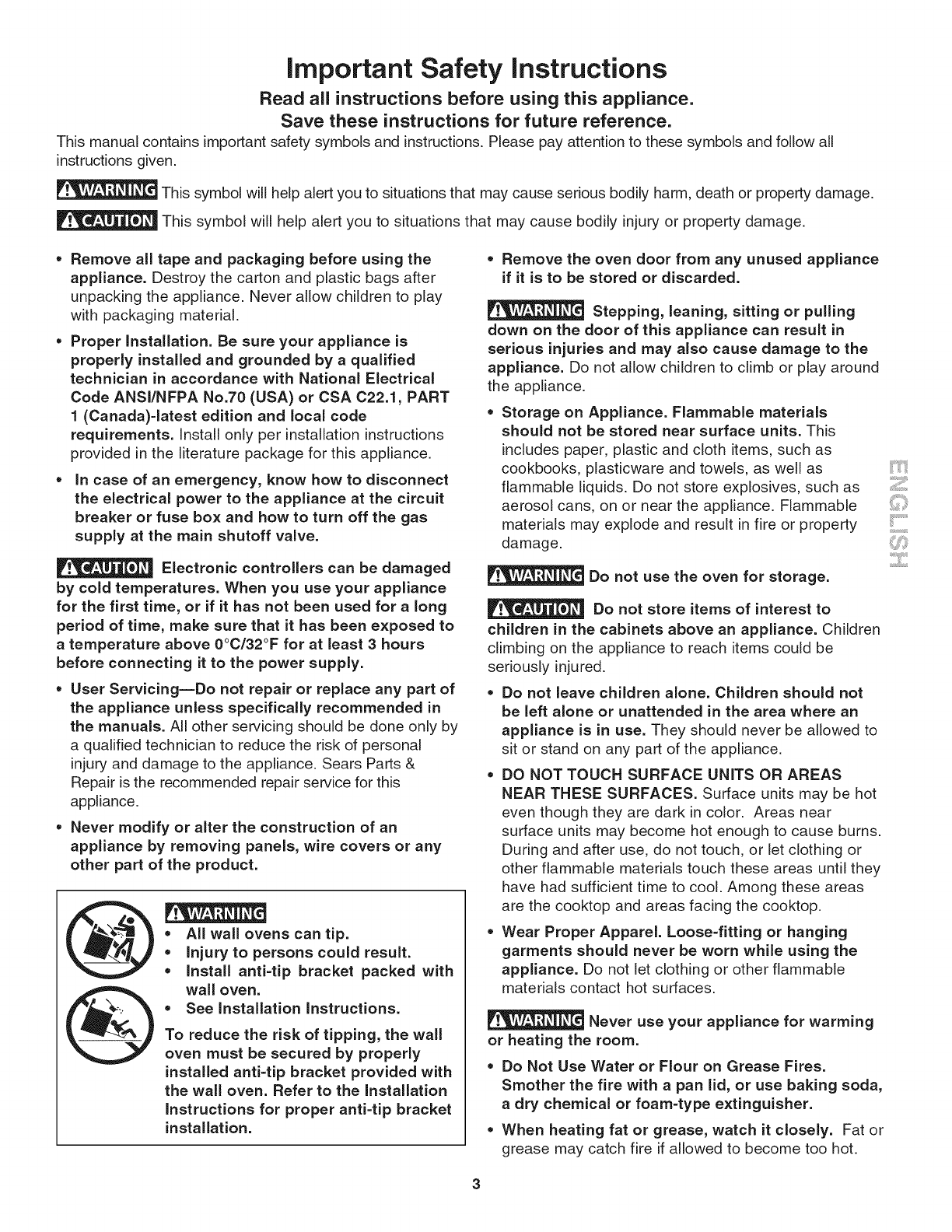
important Safety instructions
Read all instructions before using this appliance.
Save these instructions for future reference.
This manual contains important safety symbols and instructions. Please pay attention to these symbols and follow all
instructions given.
This symbol will help alert you to situations that may cause serious bodily harm, death or property damage.
This symbol will help alert you to situations that may cause bodily injury or property damage.
• Remove all tape and packaging before using the
appliance. Destroy the carton and plastic bags after
unpacking the appliance. Never allow children to play
with packaging material.
,, Proper Installation. Be sure your appliance is
properly installed and grounded by a qualified
technician in accordance with National Electrical
Code ANSI/NFPA No.70 (USA) or CSA C22.1, PART
1 (Canada)-Iatest edition and local code
requirements. Install only per installation instructions
provided in the literature package for this appliance.
In case of an emergency, know how to disconnect
the electrical power to the appliance at the circuit
breaker or fuse box and how to turn off the gas
supply at the main shutoff valve.
Electronic controllers can be damaged
by cold temperatures. When you use your appliance
for the first time, or if it has not been used for a long
period of time, make sure that it has been exposed to
a temperature above 0°C/32°F for at least 3 hours
before connecting it to the power supply.
• User Servicing--Do not repair or replace any part of
the appliance unless specifically recommended in
the manuals. All other servicing should be done only by
a qualified technician to reduce the risk of personal
injury and damage to the appliance. Sears Parts &
Repair isthe recommended repair service for this
appliance.
• Never modify or alter the construction of an
appliance by removing panels, wire covers or any
other part of the product.
• All wall ovens can tip.
• Injury to persons could result.
• install anti=tip bracket packed with
wall oven.
• See installation instructions.
To reduce the risk of tipping, the wall
oven must be secured by properly
installed anti-tip bracket provided with
the wall oven. Refer to the installation
instructions for proper anti-tip bracket
installation.
• Remove the oven door from any unused appliance
if it is to be stored or discarded.
Stepping, leaning, sitting or pulling
down on the door of this appliance can result in
serious injuries and may also cause damage to the
appliance. Do not allow children to climb or play around
the appliance.
Storage on Appliance. Flammable materials
should not be stored near surface units. This
includes paper, plastic and cloth items, such as
cookbooks, plasticware and towels, as well as
flammable liquids. Do not store explosives, such as
aerosol cans, on or near the appliance. Flammable
materials may explode and result in fire or property
damage.
Do not use the oven for storage.
Do not store items of interest to
children in the cabinets above an appliance. Children
climbing on the appliance to reach items could be
seriously injured.
• Do not leave children alone. Children should not
be left alone or unattended in the area where an
appliance is in use. They should never be allowed to
sit or stand on any part of the appliance.
• DO NOT TOUCH SURFACE UNITS OR AREAS
NEAR THESE SURFACES. Surface units may be hot
even though they are dark in color. Areas near
surface units may become hot enough to cause burns.
During and after use, do not touch, or let clothing or
other flammable materials touch these areas until they
have had sufficient time to cool. Among these areas
are the cooktop and areas facing the cooktop.
• Wear Proper Apparel. Loose-fitting or hanging
garments should never be worn while using the
appliance. Do not let clothing or other flammable
materials contact hot surfaces.
Never use your appliance for warming
or heating the room.
• Do Not Use Water or Flour on Grease Fires.
Smother the fire with a pan lid, or use baking soda,
a dry chemical or foam=type extinguisher.
• When heating fat or grease, watch it closely. Fat or
grease may catch fire if allowed to become too hot.



